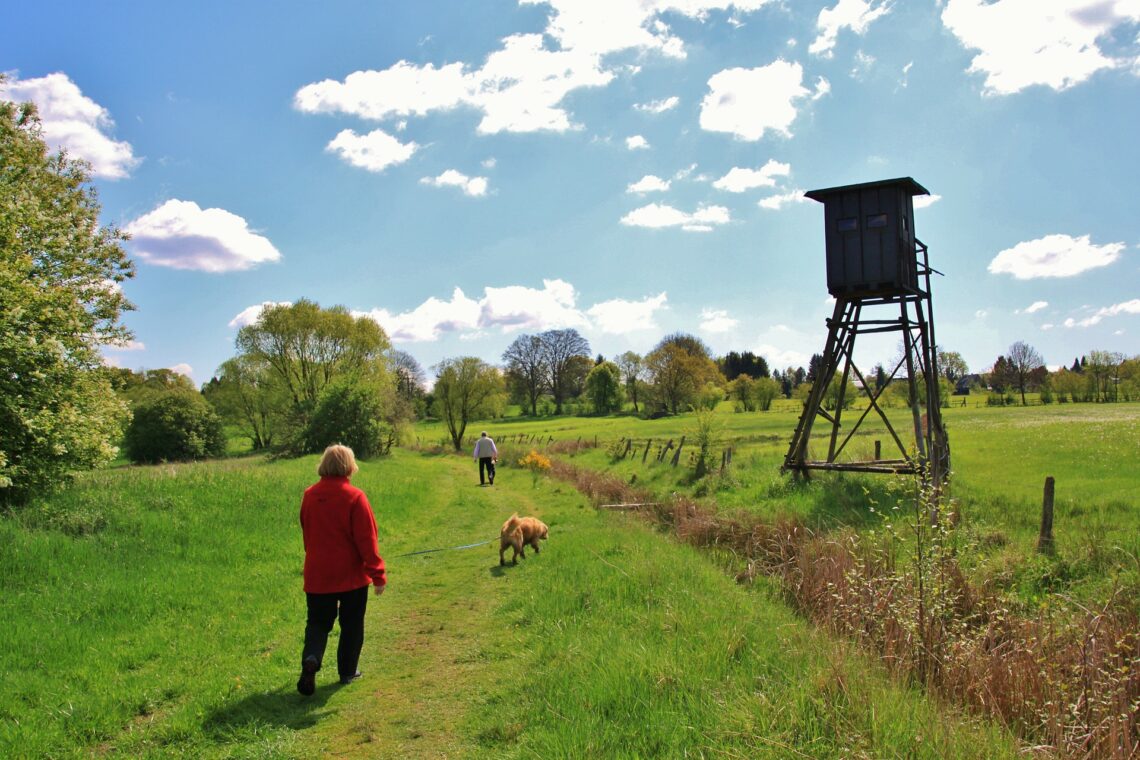The osteoporosis T-score is a measure of your bone density compared to the bone density of a person in the peak of their physical condition. Find out more…
What is the T-Score in Osteoporosis?
Osteoporosis is condition that results in the thinning of bones, making them weaker, fragile and more likely to break. Everyone’s bones gradually lose density with increasing age, but once the mass falls below a certain level the risk of fractures rises.
If you would like to learn more about osteoporosis; the history, causes, and the various treatments, see Osteoporosis: A Deeper Dive
Testing, testing
If you have had fractures, are developing a rounded spine, losing height, or in an “at risk” group, your doctor may arrange for tests and an online assessment.
Online assessments
A specially designed computer programme such as FRAX or Q-Fracture can analyse each individual’s risk of fracture based on age, sex, weight, health factors, lifestyle and family history.
Scans
A DEXA scan is a quick, pain-free procedure that can make an accurate measure of the mineral density of your bones. You’ll need to lie still, flat on your back on an X-ray table, the good news is that there’s no need to get fully undressed or go into a tunnel or tube.
The result from your bone measurement is compared to:
- The result expected from both a healthy young adult
- A person that matches your own age and sex
Scores are calculated based on these comparisons.
T-Score
The results of your bone density compared with those of a healthy young adult of the same sex as you, will be given as an osteoporosis T-score. A statistical score called the Standard Deviation is calculated to show how your result varies from the average measurement.
Put simply: a T-score of above -1 is normal, between -1 and -2.5 the bone mineral density is lower than would be expected (this can also be called osteopenia) and a score of below -2.5 indicates that you have osteoporosis.
T-Score | |
| -1 or higher | Normal bone density |
| Between -1 and -2.5 | Decreased bone density or Osteopenia, this could develop into Osteoporosis |
| Below -2.5 | Osteoporosis |
Z-Score
While the osteoporosis T-score compares your bone density to that of a young adult in the peak of their physical condition, the Z-score compares your bone density measurement with that of a healthy person that matches your sex, your age, your weight and your ethnic origin. For this reason, Z-scores are now widely considered to be a better measure of bone health. Again, a statistical analysis is performed to calculate the Standard Deviation, to show how your result varies from the expected value.
If your Z-score is below -2, it indicates that your bone density is lower than it should be at your age.
The Z-score can be really useful because it can show whether something other than your age, size and race are causing your bones to become thinner. A number of diseases, lifestyle factors and medications can predispose to osteoporosis, so if your doctor can pinpoint any problems then you may be able to slow or stop the bone loss.
Find out more about how to prevent osteoporosis in our blog: Where Does Osteoporosis Start?
So, if you or someone you love has had a fracture (particularly of the hip, wrist or spine) or is developing a hump, then seek medical advice. The sooner osteopenia or osteoporosis is identified, the sooner treatment can be started, and that could mean fewer fractures, less pain and a better quality of life.
As osteoporosis progresses, falls can become more common and recovery can take longer. If you’re considering care, HomeTouch can help you to find the information you need in order to make an informed decision. Simply download our free and impartial Definitive Guide to Home Care for an overview of all of your care options.
If you want to find out more about osteoporosis, the National Osteoporosis Society has a nurse helpline on 0808 800 0035 and an informative website at nos.org.uk



